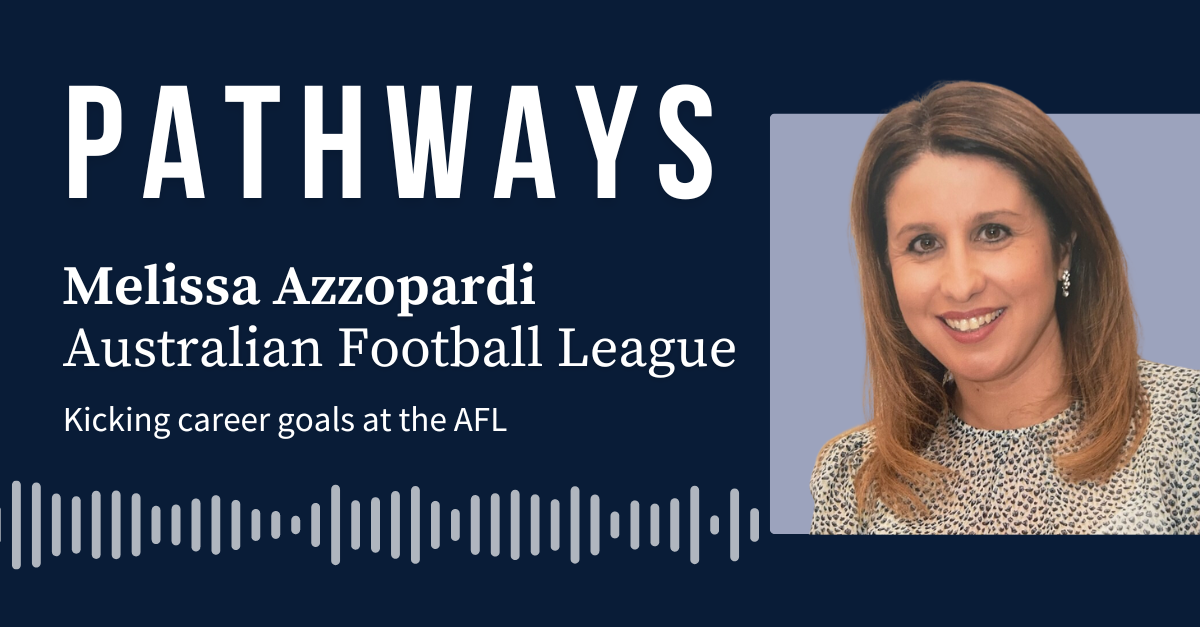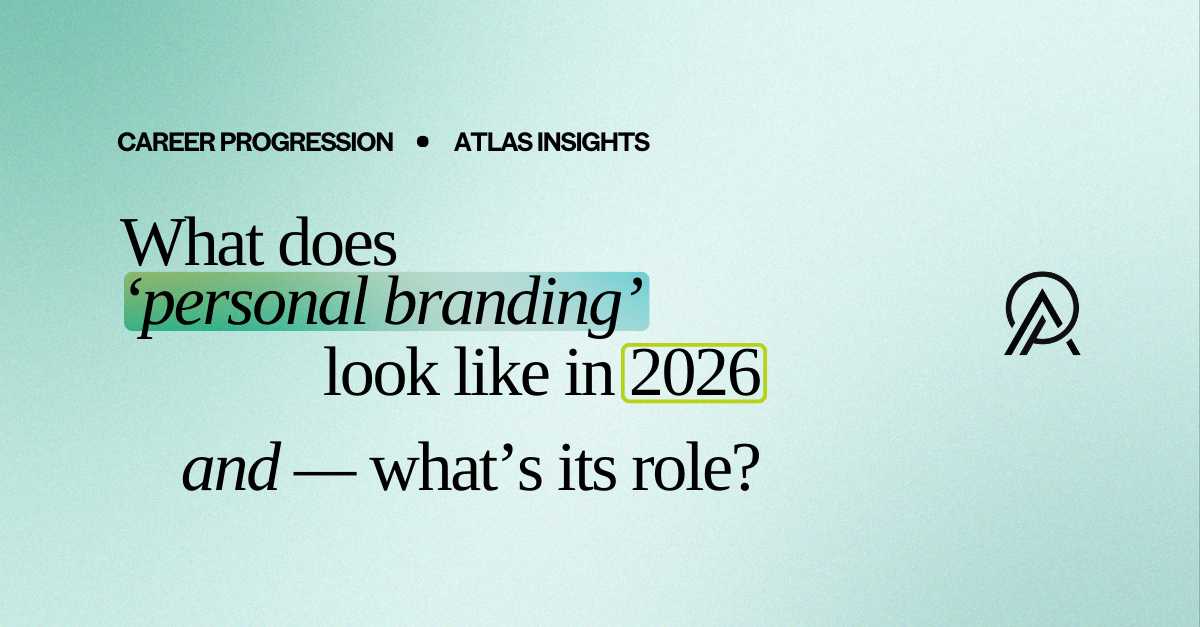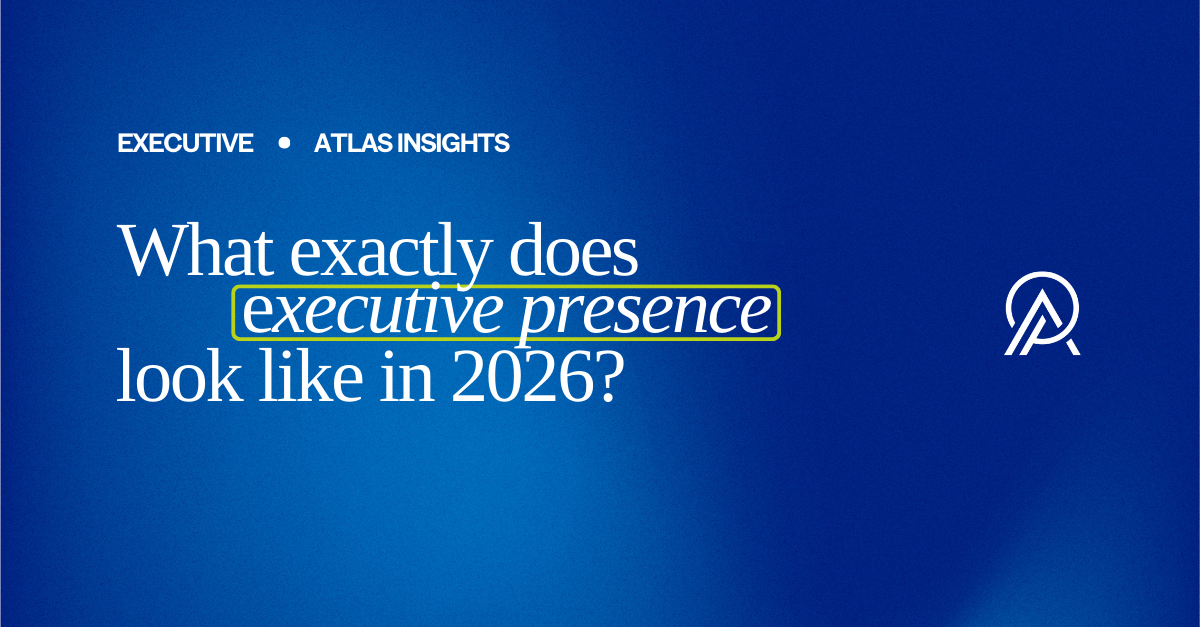Pathways —Melissa Azzopardi, Australian Football League (AFL)
Melissa Azzopardi has been kicking career goals since her early days at Carlton & United Breweries (CUB) to now overseeing finance at the most prominent sporting association in Australia, the Australian Football League AFL.
She sat down with Liam Killen, Director Atlas Partners to chat through what it takes to move into the fast and furious world of sport, the challenges she’s faced along the way and what advice has kept her on track.
Liam: Melissa Azzopardi, thank you so much for joining us today. Melissa, can you please just talk us through your career to date?
Melissa: Hi Liam, thanks for having me. Good to have this chat. My career to date—time is absolutely flying. I started in the insurance industry, which was quite different, and was there for a few years. Then, I moved across to CUB Fosters. So, after being in insurance, where you can’t really touch or feel anything, I had the opportunity to move to CUB. At CUB, I went through a number of roles, starting in statutory accounting and then acquisitions during a time when CUB became Fosters Australia from a growth perspective. I was involved in that, which was a great learning experience.
I then had a bit of a career break after being in Fosters New Zealand for a bit, headed overseas. My partner was over there at the time, so I spent six months abroad. Upon returning, I joined Origin Energy, a big energy company. Again, it was a different industry, but another ASX-listed company. So, looking back, I was involved in some big Australian ASX-listed entities, which provided great learning opportunities for me.
One day, after ten years at Origin and after having two kids, I got a call to consider a role at Tennis Australia. It was a finance director role with a succession plan into the CFO position, which was exciting. I hadn’t really considered being a CFO before. I had seen some high-profile CFOs, and it looked stressful. But going into sport, tennis, and the not-for-profit sector was a really interesting opportunity. So, I took on the role of Director of Finance for eight months and then transitioned into the CFO role, replacing someone who had been in the organisation for over 20 years. Stepping out of ASX into sport was completely different in many ways, and I did that for three and a half years.
When I first started, I walked straight into the Australian Open, which, as we know, is one of the biggest events in Australia. I was proud to be a part of that. Through that, I built some networks across the board, as I didn’t know anyone in the sports industry at all. I built those contacts, and eventually, I got a call from the AFL to take on a role as the GM of Finance. This was a new role at the AFL, which had gone through a lot of growth. I’ve been in that role for nearly three and a half years now.
It’s been a similar scenario, stepping into a bigger sport, especially coming just out of COVID. I did my COVID stint at Tennis Australia, trying to put on the Australian Open when nobody could move five kilometres from their house, and we were trying to bring players in from overseas. We managed to do all that in 2021, and then I moved across to the AFL. For the last three years, I’ve been building a team, learning about this massive industry, and understanding the stadium business at Marvel Stadium. It’s such a broad role, and I’m continually learning each day.
Liam: How would you describe that transition, moving out of the large, listed space into sport?
Melissa: It’s completely different in many aspects, mainly from a governance and process perspective. In sport, it’s all about relationships, competition, and the public nature of the AFL and tennis. The back-office stuff just kind of happens. Coming into a finance role in an organisation, especially at Tennis Australia, which was on a growth trajectory, required putting all the necessary things in place: working with the audit and risk, establishing strong governance, getting systems and processes to handle growth, and streamlining processes. Then, building the capability from a finance and commercial perspective to support business growth. It’s quite different. In a smaller organization, you’re across everything and you touch everything.
So, you must think broadly, not just about what you have to do today, but also about setting things up for the future. You engage with boards and stakeholders. Tennis Australia had a federated model, so there were important stakeholders to build trust with. You must take the lead in those situations. That was my leap from ASX into sport. Understanding that sports people aren’t always finance people, you’re their guide. Understanding operations, finance, and having a broad view across the whole business to call some shots and drive change is a big challenge but a worthwhile one.
Liam: What were some of the key challenges you faced on that journey upwards?
Melissa: The biggest difference and challenge for me was stepping out of a financial controller role and becoming a CFO. It’s a distinct change. As a financial controller, you’re involved in the day-to-day details. As a CFO, you must step up, step out, and trust your team to handle the details. You need to know enough information without knowing everything. Managing stakeholders is crucial—tempering messages, linking results to the vision and strategy, and guiding the board and executives are key. You need to build trust in your team to get the day-to-day tasks done.
Liam: Has there been a sliding doors moment in your career?
Melissa: When I got a call from a head-hunter to consider a role at Tennis Australia, it was a pivotal moment. Even to this day, I don’t know who recommended me. Moving from the structured environment of ASX-listed companies to a not-for-profit and potentially taking on a CFO role made me nervous. But through the interview process, I connected with the CEO, Craig Tiley, and knew I had to give it a go. I could have stayed at Origin Energy, where there were opportunities and flexibility, but I took the leap. That decision was pivotal, and I couldn’t do my AFL role without having done my Tennis Australia role.
Liam: Tell us about working at the most prominent sporting association in Australia, the AFL.
Melissa: It’s fun, busy, and very public. Meetings often end up on the news. The AFL strives to be the best, surrounds itself with the best people, and focuses on growth and relationships. The AFL is true to its purpose and vision, which is inspiring. There’s always a lot going on, from games to concerts at Marvel Stadium. The breadth of what the AFL does is extensive. We look at data, manage viewership, and build relationships with clubs and players. Being in finance, we have a broad view across the business and support various decisions. It’s exciting, especially now as we prepare for the finals, which have a significant financial impact.
Liam: How important has your network been in your career? Do you have any mentors?
Melissa: Networking has been crucial. Building relationships and trust across different sports organizations has been key. Through those connections, I’ve gained mentors who provide different perspectives and experiences. For example, my connection with the audit and risk chair at Tennis Australia remains important. Having mentors outside your immediate work environment is invaluable. Keeping those relationships, even when busy, is essential.
Liam: What’s the most important quality you look for in a new hire?
Melissa: Aside from technical capabilities, I look for candidates who understand their role and its impact on the bigger picture. They should be curious about how their role affects colleagues and the overall business. In our industry, decisions can affect both the AFL and the clubs. I test for their curiosity and understanding of the broader picture and their willingness to be involved in it.
Liam: Lastly, what’s the best advice you ever received?
Melissa: You get a lot of advice throughout your career. Two pieces stand out: First, be true to yourself and enjoy what you do. You won’t be able to show up every day if you’re not fulfilled personally. Second, when considering roles, think not just about the current role but the next one. Consider what you want to learn and how each role fits into your career path. It’s not just about the title or position but the experience and opportunity it provides for future growth.
Liam: Great advice, Mel. Thanks for joining us.
Melissa: Thanks for having me.





